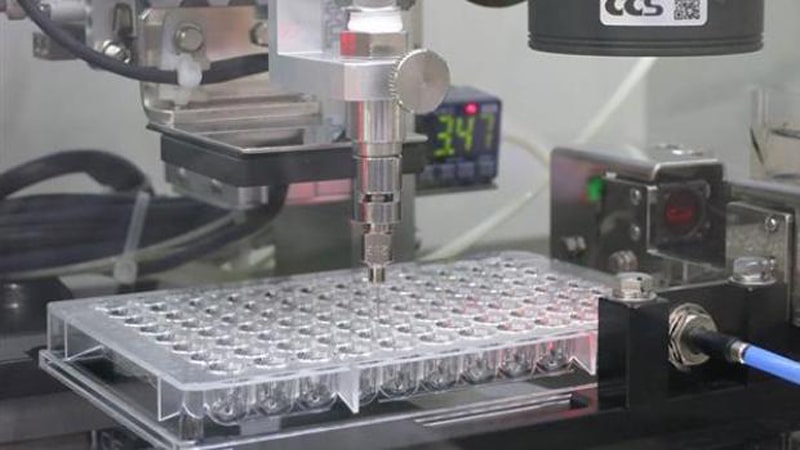Researchers from the Kyoto University in Japan have used a Regenova 3D bioprinter from Cyfuse Biomedical to create tubular conduits. These conduits can regenerate the damaged nerve cells. Though the Regenova 3D bioprinter is expensive for lab research work, this Kensen Method bioprinter could be pivotal in making important discoveries in science and technology.
The recent utility of the 3D bioprinter was in the making of a “scaffold-free Bio 3D conduit developed from human fibroblasts.” The tiny tubular structures were used for nerve regeneration in rats, and could eventually be tested on humans. The research paper PLOS ONE released on February 13th outlines how the Kyoto University researchers were able to develop six scaffold-free conduits from human dermal fibroblasts using the Cyfuse Biomedical Regenova 3D bioprinter. The researchers took 12 adult male rats with immune deficiency, and cut out small sections of the right sciatic nerve of each rat at the mid-thigh area. For six of these rats, the gap was bridged using 3D printed conduits, and for the other six, a silicone tube, the current standard in such operations, was used.
The results of the project were astounding. The researchers found that the set of rats fitted with the 3D printed conduits recovered faster than the other set. This proves that 3D bioprinting could indeed be used for treating patients recovering from nerve injuries. The success of the project will pave way for its application on humans. This could be a big breakthrough where 3D bioprinting could be used for treating patients with nerve injuries. In Japan alone, it is estimated that 5000 to 10000 people suffer from nerve disorders because of accidents and other reasons. The clinical trial on humans is expected to commence from 2019.
The research group at Kyoto University comprised of members Hirofumi Yurie, Ryosuke Ikeguchi, Junichi Tajino, Tomoki Aoyama, Hisataka Takeuchi, Shizuka Akieda, Manami Tsuji, Koichi Nakayama Yukitoshi Kaizawa, Akira Ito, Souichi Ohta, Hiroki Oda, , and Shuichi Matsuda.
